If you're a fan of the intricate dance between the watcher and the watched, then this collection of crime films focusing on surveillance is right up your alley. These films not only provide a thrilling narrative but also delve into the moral and ethical dilemmas of surveillance, making them not just entertaining but thought-provoking as well. Here's a list of ten films that will keep you on the edge of your seat, exploring the shadowy world of surveillance.
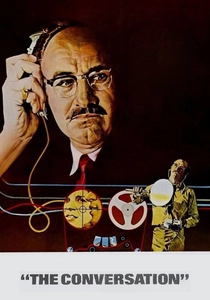
The Conversation (1974)
Description: Gene Hackman stars as a surveillance expert who becomes paranoid when he suspects that a conversation he recorded might lead to a murder. This film explores the psychological toll of surveillance work and the ethical questions it raises.
Fact: Francis Ford Coppola wrote the screenplay in the late 1960s, but it wasn't until after the Watergate scandal that the film's themes resonated more deeply with audiences.
 Watch Now
Watch Now
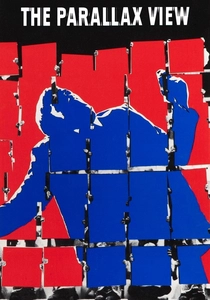
The Parallax View (1974)
Description: A journalist investigates a conspiracy involving a secretive corporation that uses surveillance to manipulate and control individuals. The film's exploration of surveillance and mind control is both eerie and prescient.
Fact: The film was released during a time of heightened public concern about government surveillance and conspiracy theories.
 Watch Now
Watch Now
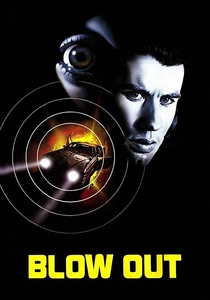
Blow Out (1981)
Description: Brian De Palma's thriller revolves around a sound technician who inadvertently records a murder through his microphone, leading him into a web of political conspiracy and surveillance. The film's use of sound as a surveillance tool is both innovative and chilling.
Fact: The film was inspired by Michelangelo Antonioni's "Blow-Up," but De Palma shifted the focus from visual to auditory surveillance.
 Watch Now
Watch Now
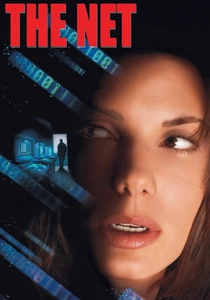
The Net (1995)
Description: Sandra Bullock stars as a computer programmer whose identity is stolen through digital surveillance, leading her on a perilous journey to reclaim her life.
Fact: The film was one of the first to explore the theme of identity theft and the dangers of digital surveillance in the burgeoning internet age.
 Watch Now
Watch Now
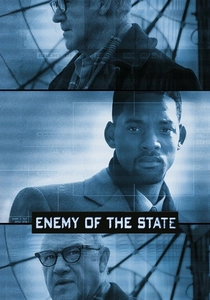
Enemy of the State (1998)
Description: Will Smith plays a lawyer who becomes the target of a vast surveillance network after receiving evidence of a political conspiracy. The film showcases the extent to which surveillance can invade personal privacy.
Fact: The film was inspired by real-life events like the Echelon surveillance system and the Church Committee hearings on government surveillance.
 Watch Now
Watch Now
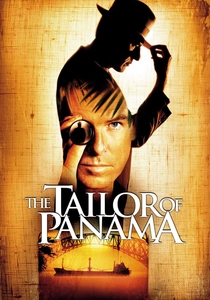
The Tailor of Panama (2001)
Description: A British spy in Panama uses a tailor to gather intelligence, leading to a web of deceit and surveillance that threatens international stability.
Fact: The film is based on John le Carré's novel, known for its intricate plots involving espionage and surveillance.
 Watch Now
Watch Now
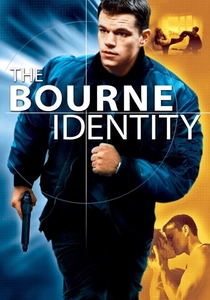
The Bourne Identity (2002)
Description: Jason Bourne, an amnesiac assassin, is on the run from a shadowy organization that uses surveillance to track him. The film uses surveillance as a plot device to heighten the tension and illustrate the omnipresence of modern technology.
Fact: The film was a critical and commercial success, leading to a franchise that continues to explore themes of surveillance and identity.
 Watch Now
Watch Now
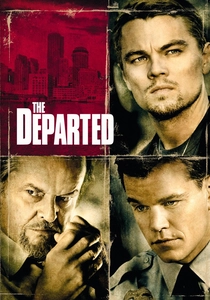
The Departed (2006)
Description: In this Martin Scorsese film, both the police and the mob use surveillance to outmaneuver each other, creating a cat-and-mouse game filled with double-crosses and hidden identities.
Fact: The film is a remake of the Hong Kong film "Infernal Affairs," but Scorsese added his unique touch, including the use of surveillance as a central plot element.
 Watch Now
Watch Now
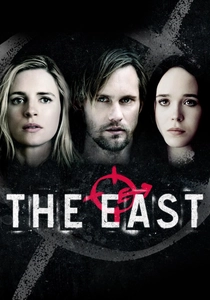
The East (2013)
Description: An operative infiltrates an eco-terrorist group, but as she uses surveillance to gather intelligence, she begins to question her own morals and the ethics of her mission.
Fact: The film was inspired by real-life stories of corporate espionage and the environmental activism movement.
 Watch Now
Watch Now
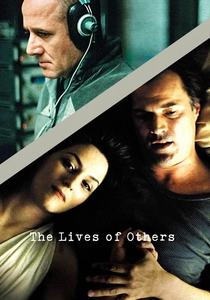
The Lives of Others (2006)
Description: This German film, set in East Berlin, follows a Stasi officer who becomes increasingly absorbed in the lives of the people he's surveilling, leading to a profound personal transformation. It's a masterclass in how surveillance can change both the observer and the observed.
Fact: The film won the Academy Award for Best Foreign Language Film in
 30 Days Free
30 Days Free









